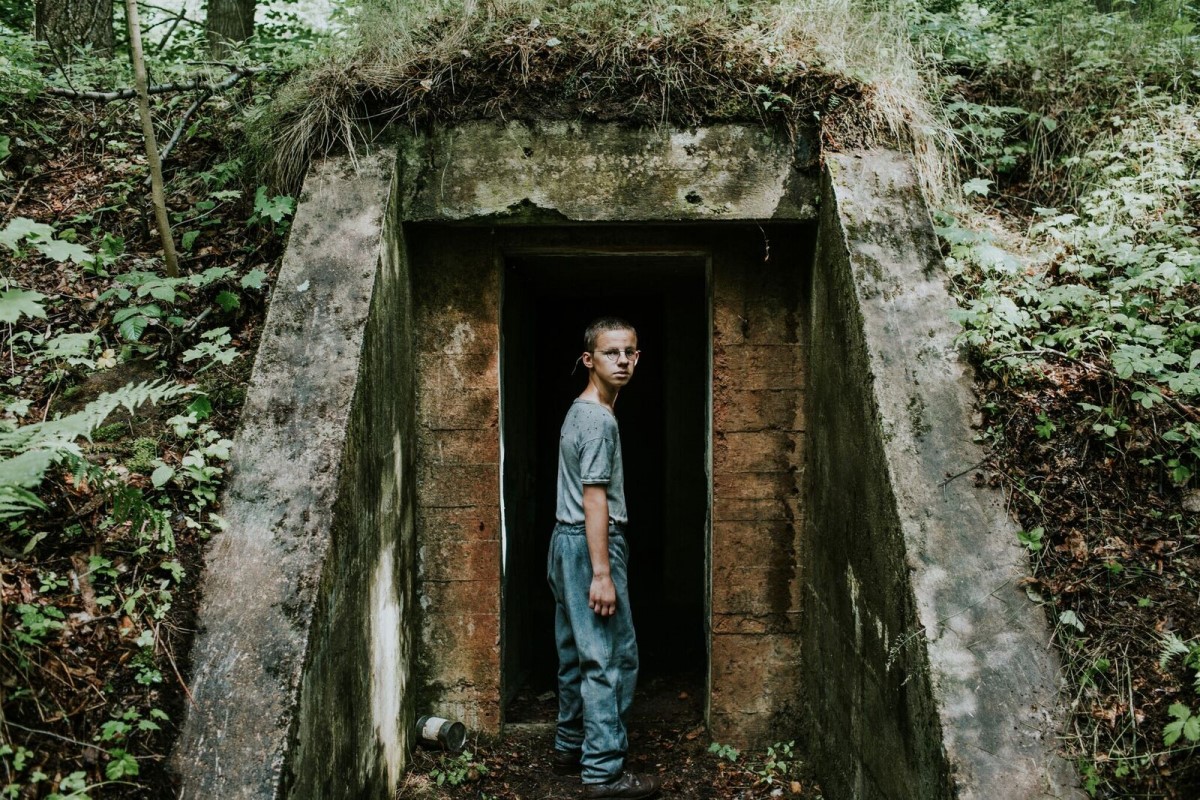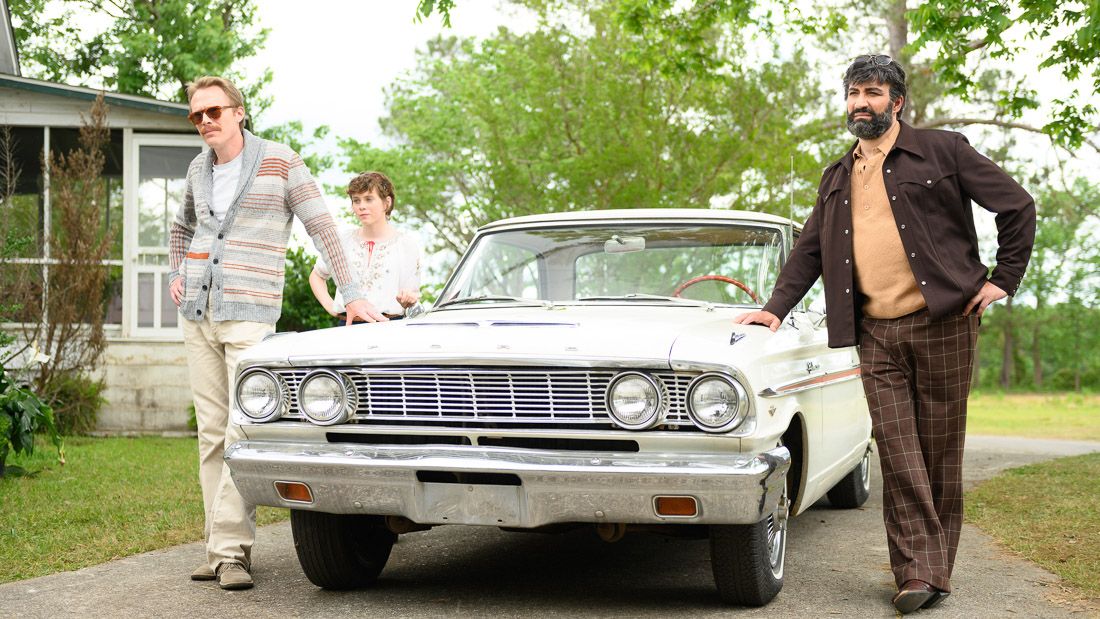18 to Party
by Hope Madden
Does every crappy small town in America have a dive called Polo’s where mangey kids—many of them well, well under age—line up to try to get in?
Well, if not, writer/director Jeff Roda’s 18 to Party makes that and just about everything else seem universal. His Linklater-esque exploration of near-adolescence runs its course in a single evening, but that doesn’t make it any easier to forget.
Sure, the high schoolers are all lined up out front waiting for the sun to go down and the bouncer to start letting people in. But Missy, Kira and James, Shel and Brad, Peter and Dean are stuck out behind the club, wasting time and hoping against hope that night manager Rizzo is cool enough to let them in.
Eventually.
Roda understands small town socializing and boredom enough to know that most of the evening’s intrigue, and most of its memories, will take place in those hours before Rizzo makes up his mind.
It’s 1984 and Generation X is, as happened to usually be the case, unsupervised. Well, Shel (a standout Tanner Flood) is supposed to be at Brad’s (Oliver Gifford). Everyone else’s parents are at the town meeting about the UFO sighting.
Thoughts of extra-terrestrials, worries about getting in, general social anxiety and inevitable personality clashes take a back seat to the realization that Lanky (James Freedson-Jackson, really excellent) is back.
No one’s seen him since that thing with his brother.
Roda’s approach is lackadaisical, although the energy that comes naturally off a gaggle of 14-year-olds is enough to deliver regular explosions. Why doesn’t Shel want to fool around with Amy? What is Brad so mad about? Why is Kira so weird?
The film and the evening are loosely structured, allowing for plenty of riffs that occasionally provide a wink to the times (“U2 ripped off The Alarm,” Kira claims. “Check back with me in 5 years and we’ll see who’s still aroud.”)
More often, though, Roda develops darker threads that suggest the kind of doom that can dog you even before you start high school, kiss a girl or get into your first party.
Roda has a light, meandering touch, far more interested in a slice of mid-Eighties life than in the specificity of a John Hughes retread. Characters are familiar, the situation feels authentic, and the mixture of nostalgia, dread and optimism paint a fascinating if unfinished picture.













